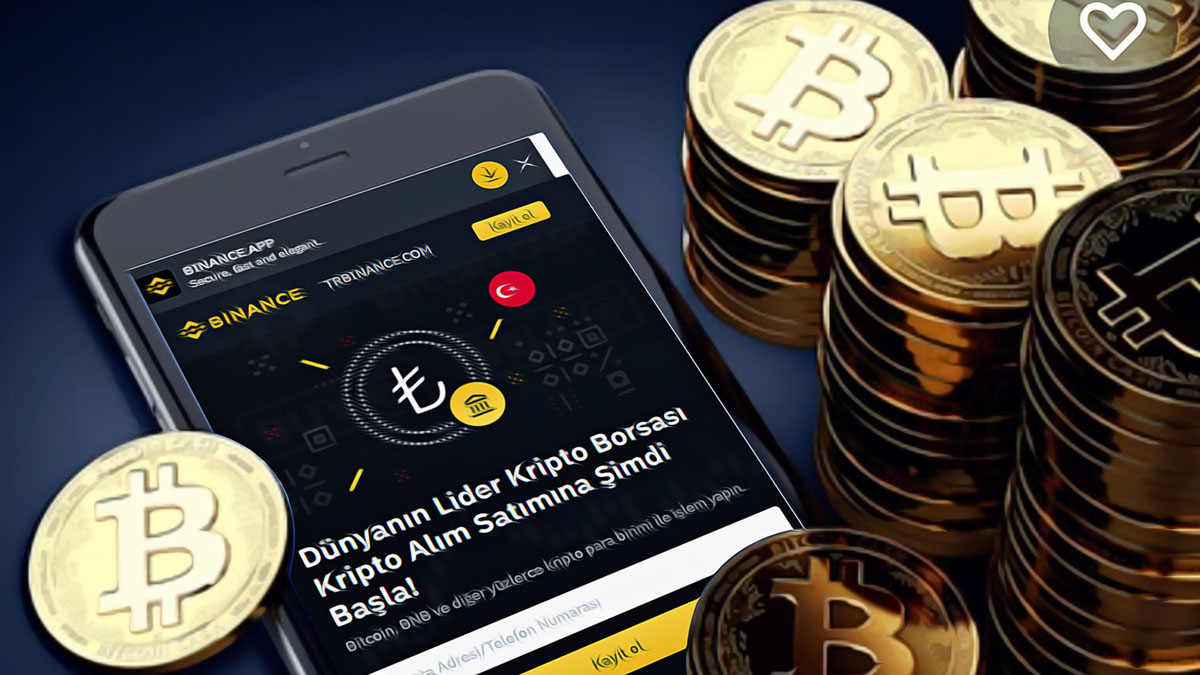The Central Bank of Nigeria (CBN) has taken a strong position against Binance, the prominent cryptocurrency exchange, accusing it of unauthorized banking activities. This conflict surfaced on July 5 when a CBN representative claimed in court that Binance was operating without necessary licenses and regulatory approvals. Judge Emeka Nwite of the Federal High Court in Abuja led the session, which shed light on Binance’s alleged unapproved transactions in Nigeria.
CBN’s Concerns Over Banking Activities
Dr. Olubukola Akinwunmi, who oversees Payment Policy and Regulation at CBN, articulated that deposit and withdrawal services are reserved for licensed banks and financial entities. He stressed that Binance’s operations, lacking proper authorization, breached regulatory standards, leading to significant concerns among Nigerian authorities.
Unauthorized Currency Conversion?
Dr. Akinwunmi warned that Binance facilitated unapproved conversions from naira to dollars, an activity necessitating specific CBN authorization. He highlighted that many investors used pseudonyms on the platform, contravening regulations requiring real identity disclosures. This lack of transparency fueled worries about the legitimacy of Binance’s operations.
Key Takeaways for Investors
Implications for Users:
- The necessity for licensed operations in financial transactions.
- The importance of transparency and real identity usage.
- Potential risks associated with using unregulated platforms.
A significant point in the case was Binance’s peer-to-peer (P2P) transaction system. Dr. Akinwunmi detailed how the P2P service allowed direct naira transfers between buyers and sellers’ bank accounts. Once Binance confirmed these transactions, it released the corresponding cryptocurrency or fiat currency. This system was deemed a regulated activity for which Binance lacked proper authorization, triggering CBN’s charges.
The hearing was deferred to July 16 for further cross-examination of the defense. Judge Nwite also instructed the Nigerian Correctional Services to prepare medical reports for key individuals, warning of stringent actions for non-compliance.
Notably, this is not an isolated event. Binance had previously disabled its P2P feature for Nigerian users in February due to increased governmental pressure. Moreover, the Securities and Exchange Commission (SEC) advised the Nigerian Blockchain Industry Coordination Committee (BICCoN) to take steps to exclude naira from P2P platforms during a virtual meeting.













